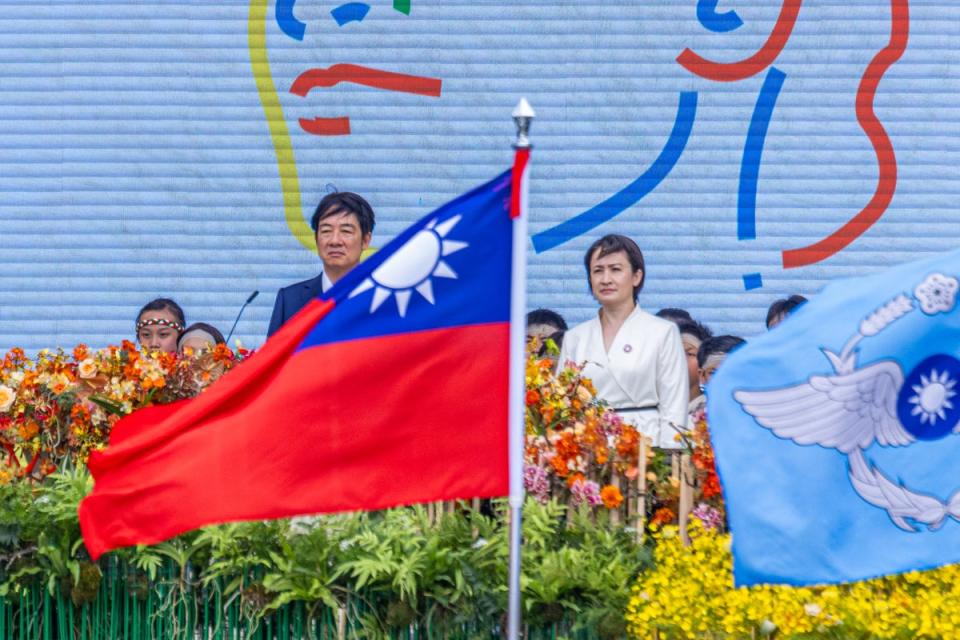China introduces death penalty for ‘diehard’ supporters of Taiwan independence

China has included the death penalty in its legal guidelines for prosecuting “diehard” supporters of Taiwanese independence.
The new guidelines, announced on Friday, say Chinese courts and prosecutors should “severely punish Taiwanese independence supporters for dividing the country and inciting secessionist crimes.”
The guidelines are in line with existing laws, such as the 2005 anti-secession law, the state news agency Xinhua reported.
Promoting Taiwan’s membership in international organizations or official exchanges or military contacts with foreign countries are punishable under the guidelines, according to a legal opinion published on Friday by the Chinese Supreme Court, the Prosecutor’s Office and several ministries. The punishment ranges from prison sentences to the death penalty, and trials can take place without the presence of the accused, the opinion says.
China considers the self-governing island an integral part of its territory and its position is accepted or recognized by all but a handful of countries and the United Nations.
Beijing has increased military and diplomatic pressure on Taipei in recent years and launched a new round of war games around the island last month following the inauguration of new President Lai Ching-te.
The military exercises took place after Mr Lai called on China to “accept the reality” of Taiwan’s de facto independence in his inaugural speech.
This month he accused China of viewing the “annexation” and “elimination” of Taiwan as “its great national cause.”
Beijing criticized Lai as a “separatist” and saw the new rules as an attempt to put pressure on him.


Under the new rules, the death penalty is only intended for “ringleaders” who “cause particularly serious harm to the state and the people.” Other supporters of Taiwan’s independence face prison sentences ranging from ten years to life imprisonment.
Chen Binhua, a spokesman for the Taiwan Affairs Office in Beijing, said on Friday that the guidelines did not affect the majority of the island’s population but “only a small group of die-hard separatists.”
The Taiwanese Mainland Affairs Council sharply criticized the regulations and called on the population not to feel threatened by China.
“The Beijing authorities have no jurisdiction over Taiwan, and the so-called laws and norms of the Chinese communists have no binding force on our people,” it said in a statement. “The government calls on the people of our country to feel at ease and not to be threatened or intimidated by the Chinese Communist Party.”
China has previously taken legal action against Taiwanese officials.
It imposed sanctions on the island’s former de facto ambassador to the United States and current Vice President Hsiao Bi-khim and announced similar measures against five Taiwanese political commentators for inciting “hostility and confrontation between the two sides of the Taiwan Strait.”
In a related development, China has expelled several business units of American aircraft manufacturer Lockheed Martin Corp and three of its executives for signing defense contracts with Taiwan.
Taiwan relies heavily on weapons from the United States, its main ally, even as it seeks to bolster its defense industry and increase the military draft for men from four months to one year. Just this week, Washington approved the sale of hundreds of armed drones, missile equipment and related supplies to Taiwan, valued at $360 million.



